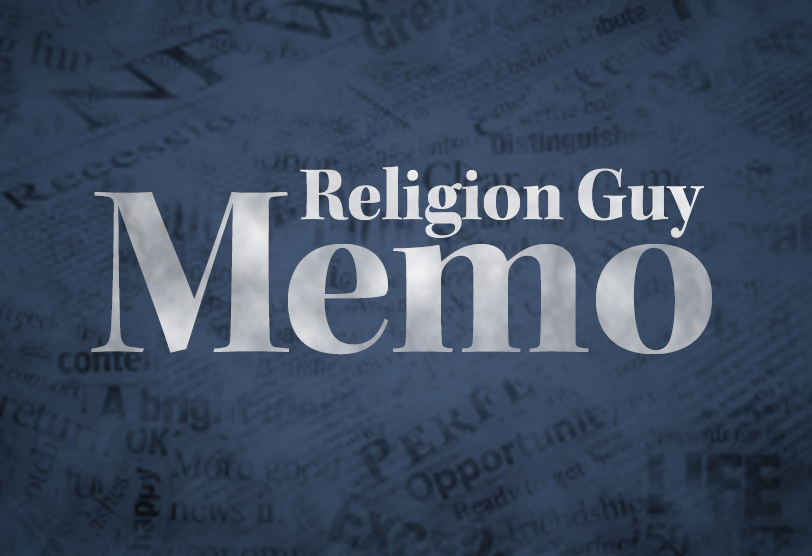Election Day 2018 culminates the universally proclaimed “year of the woman” in American politics. The media will be totaling up victors among the unprecedented number of female candidates and checking whether exit polls show a Donald Trump-era widening of the “gender gap” between the customary majorities of women for Democrats and men for Republicans.
Except for pondering evangelicals’ GOP fealty, the media often ignore religious factors that sometimes rival or exceed the impact of that male-female divide.
This time around, will the usual religious alignments persist? Intensify? Reporters should include this in the agenda for post-election analyses.
The related “God gap” came to the fore in 2004 when Democrat John Kerry scored 62 percent with voters who said they never attended religious services vs. churchgoers’ lopsided support for Republican George W. Bush. (Through much of U.S. history there was little difference in basic religiosity between the two major parties, while Protestants leaned Republican and Catholics Democratic.) State-by-state exit polls are unlikely to ask about that and data won’t come till later.
Since 2004, religiously unaffiliated “nones” have increased substantially in polling numbers. Pew Research says they made up fully 28 percent of Democratic voters in the 2014 midterms, outpacing all religious blocs in the party's coalition. Democratic nones neatly balance out evangelicals’ perennial Republican enthusiasm, but pundits say it’s tough for Democrats to organize them on campaign support and turnout.
Now, something new may be occurring. Journalists seeking that Big Think should heed ever-estimable colleague Emma Green, who explores internal numbers in a poll by The Atlantic and the Public Religion Research Institute (PRRI) that concluded Sept. 13. This year those Democratic nones are fired up, Green reports, more than twice as likely to attend rallies than religious Democrats and more likely to donate and post political opinions online. They’re also more sociologically elite, and more liberal, than other Democrats.
Green thinks the Democratic Party may be at a “transformative moment” as progressive politics provides many more Americans “a form of meaning making,” especially among those now disconnected from traditional religious or ethnic identities. For such voters, politics will substitute as their “new religion,” Green proposes, indicating newfound fervor.
Beyond election results, The Guy observes, that carries major implications for national and state policy-making and judicial appointments.
In 2018 we can expect black Protestants, Latino Catholics and Jews will again join the “nones” as solidly Democratic while Mormons plus evangelical Protestants go Republican. More interesting are two big blocs of religious swing voters. PRRI says Non-Hispanic Catholics and white “mainline” Protestants each have a negative view of President Trump at 52 percent, roughly tracking his standing with the over-all public.
Also note this: Prior to the 2016 election, a poll of Protestant pastors by LifeWay Research showed a majority identified as Republican yet only 32 percent planned to vote for Trump while a hefty 40 percent were undecided, with 19 percent favoring Hillary Clinton. In a survey this fall the president does better, with 51 percent approving of his performance, 28 percent disapproving, and 20 percent unsure. Self-identified “evangelicals” were 63 percent favorable compared with only 41 percent for “mainline” Protestant clergy.
Reporters pursuing religion factors will want to book a post-election debrief with John C. Green, interim president of the University of Akron and director of its institute of applied politics (330-972-5182 or green@uakron.edu). Green has been focusing on the political impact of the rising tide of religiously unaffiliated voters for more than a decade.
Other specialists include Jim Guth at Furman University (864-294-3330 or jim.guth@furman.edu); Notre Dame retiree David Leege (520-399-9874 or 231-889-3335 or leege.1@nd.edu); and Corwin Smidt at Calvin College (616-526-6233 or smid@calvin.edu).

